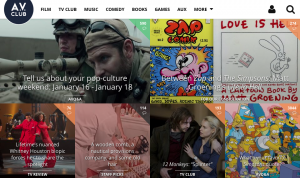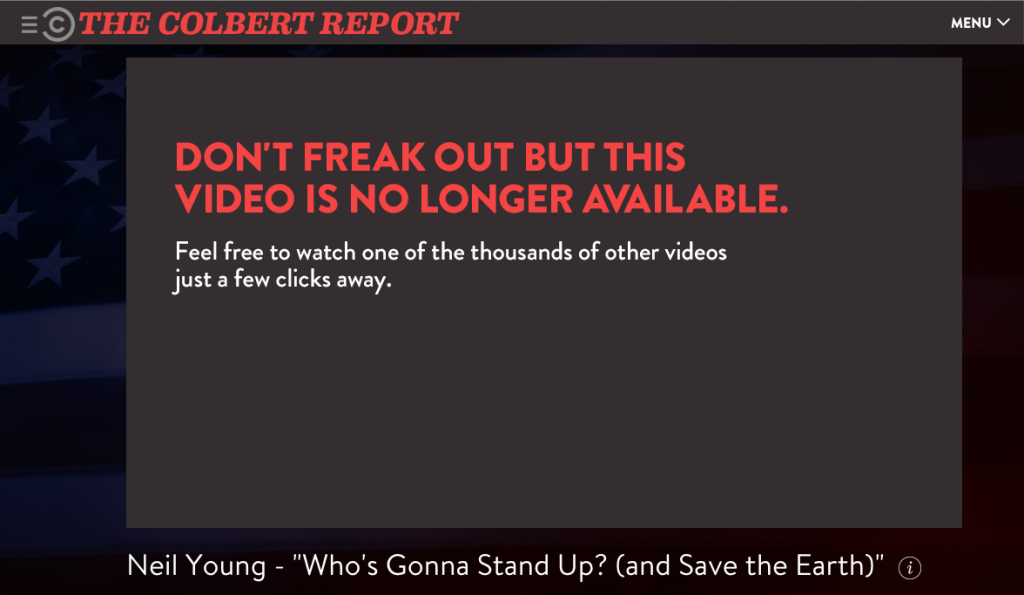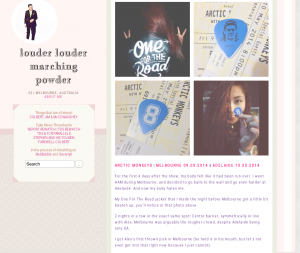There are several sites that I regularly frequent to keep my ear to the ground about the current events. To give you an idea of the style and interests that this blog will churn out, here’s a short list of the sites that get my consistent clicks.
- The AV Club is my go-to for when I’m on the lookout for any news relating to pop culture, be it movies, television, music, gaming, and events. I often find myself spending hours on AVC just reading old episode-by-episode reviews of decade old television shows.
- The Huffington Post for current events. I prefer their layout compared to most as it’s condensed many articles into a limited space.
- Reddit, the homepage of the Internet. This can be informative at times, but more often than not I’ve found myself just reading the stories from /r/creepypasta at inappropriate times in the night.
- Vice is also a good one for expository documentaries. I first got a whiff of it when I watched a documentary by Vice concerning poisonous frogs… and yes, I will readily admit that I Googled this topic because I watched the Simpsons episode where Homer licks a hallucinogenic frog.
These sites have a general common ground of interest for me, and I’ve noticed have taken up a large portion of my days.
It’s important to note that had I made this list a year or so ago I would’ve had a few different sites lingering in their positions. It was touched on briefly during class but the rise of ‘clickbait‘ articles have lessened my default sites that I visit. One such site was Slate. I regularly read up on Slate but after I began following them on Facebook, my enthusiasm for them went on a steady decline. More often than not their links to their articles had a sensationalist headline that was morally or ethically questioning the reader. A quick browse on the site made me question myself on ‘Why Shouldn’t the Cannibal Cop Look For Love on Match.com?‘ and hyperbole galore with ‘8 Shocking Facts The Media Don’t Have the Courage to Tell You.’ Australia’s own ‘Pedestrian.TV‘ first caught my attention as a ‘hip version of SEEK,’ but a Facebook follow and a year or so later, their headlines got so biased that it took all the fun out of looking for jobs.
You’re probably then thinking why I have The Huffington Post on the list. Well, I find that I do like the layout more than I enjoy their article headlines and titles, so yes, it’s more than likely that it’s just an aesthetic like I have for the site.
Hopefully I can add to this list in the future and it’s smattered with less entertainment sites or at least there are more reputable news outlets.


